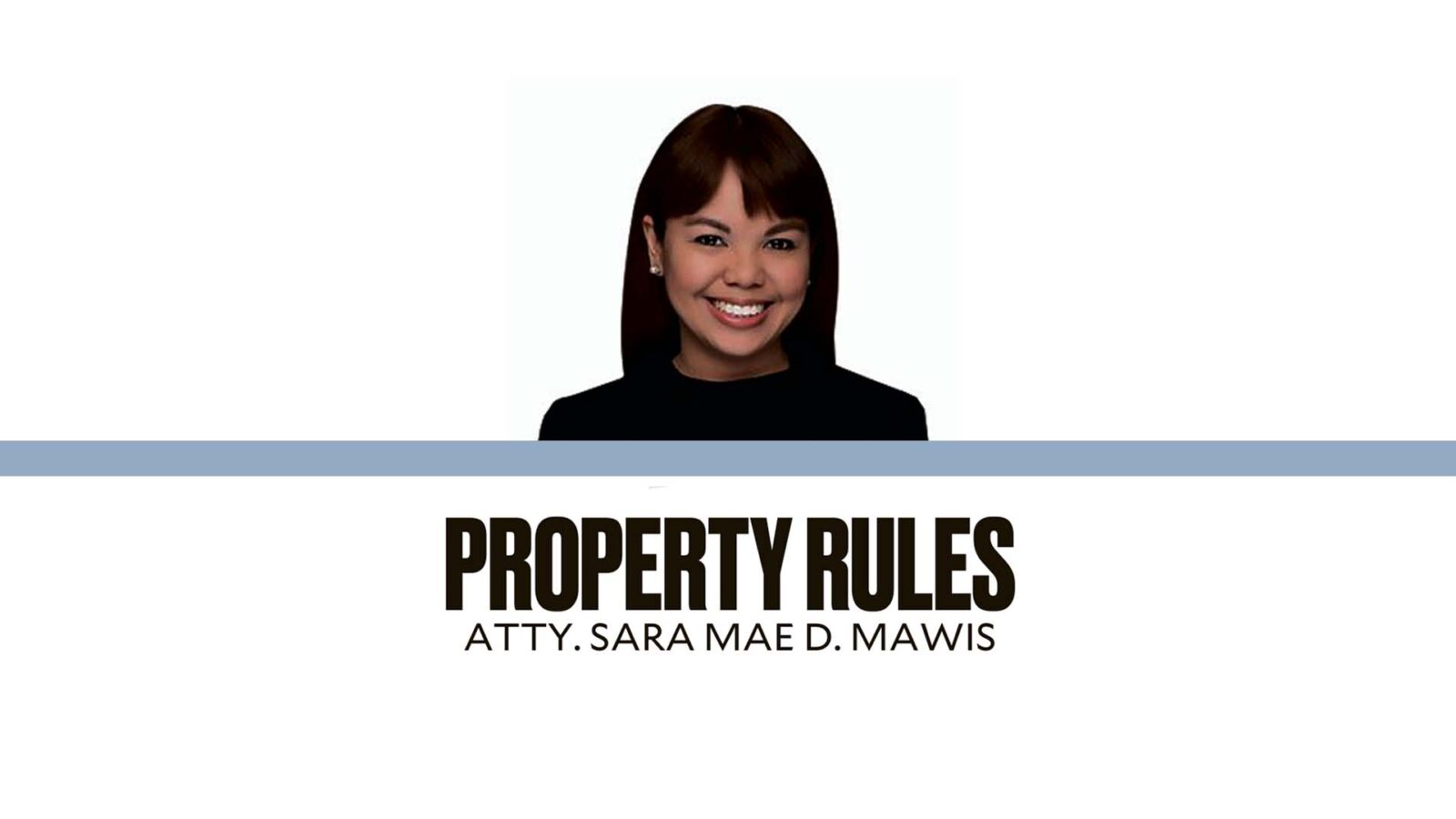Does excessive loan interest affect foreclosure of mortgaged land?

Loan contracts that violate the Usury Law, which, among others, has imposed a ceiling on interest rates, are void.
Subsequently, the Central Bank suspended this law’s operation, thus giving parties to a loan contract a wide latitude to impose any interest rate.
The Supreme Court has consistently held, however, that this suspension does not mean that an unconscionable or unreasonable interest rate may be imposed since it remains immoral and unjust. Thus, courts may equitably reduce these rates or invalidate stipulations on interest and charges deemed excessive or unfair.
Whether unconscionable loan interest rates may affect the foreclosure of land subject of the accompanying mortgage contract has been addressed and recently revisited by the Supreme Court in the case of United Coconut Planters Bank v. Ang and Fernandez.
Here, petitioner United Coconut Planters Bank (UCPB) granted respondents Editha Ang and Violeta Fernandez loans, which were secured by real estate mortgages (REM).
Editha and Violeta failed to pay a portion of these loans, prompting UCPB to initiate extrajudicial foreclosure proceedings over the mortgaged properties. These properties were then sold at public auction to UCPB as the highest bidder.
Editha and Violeta filed against UCPB a petition seeking for the Regional Trial Court (RTC) to, among others, declare void: (a) the terms on the interest rates and their unilateral increase found in the loan and REM agreements; and (b) the auction sale of the mortgaged properties.
The RTC granted Editha and Violeta’s petition, found these terms and the auction sale void. Upon UCPB’s motion, however, the RTC reversed its earlier decision, declaring that no ground existed to nullify the sale.
Moreover, Editha and Violeta were still liable to pay UCPB the unpaid balance, though subject at the prevailing 12 percent interest rate since the terms on the interest rates remained void.
The Court of Appeals partially granted Editha and Violeta’s appeal. While it affirmed that the stipulated interest was void, it also found that the sale was void. This was because UCPB had failed to account for Editha and Violeta’s actual indebtedness and thus, had no right to foreclose the properties.
UCPB filed an appeal from the Court of Appeals’ findings, which the Supreme Court granted. In so doing, it reviewed the relevant contractual requirement where UCPB shall apply an interest rate based on certain market-based reference rates. Moreover, UCPB shall have the option to review or reset the imposable rate on a quarterly basis.
According to the Supreme Court, this stipulation is void because UCPB may impose an unconscionable or usurious interest rate based on an upward market adjustment.
Moreover, it effectively has the sole prerogative to impose future interest rates since it may choose not to impose the market interest rates in exercising its quarterly review and resetting option.
Will this void stipulation affect UCPB’s foreclosure sale of the mortgaged properties?
The Supreme Court first held that this stipulation shall not affect the sale. This was because UCPB had the right to foreclose these properties based on Editha’s and Violeta’s unjustified refusal to pay the loan balance.
Furthermore, to otherwise nullify a foreclosure sale would discourage the public from purchasing foreclosed properties from banks statutorily mandated to dispose of them within a five-year period or as may be prescribed by the Monetary Board.
But, upon Editha and Violeta’s motion, the Supreme Court reversed its earlier decision and found that a void interest rate stipulation rendered void the subsequently held foreclosure sale.
Citing its earlier decisions, the Supreme Court found that a bank’s unilateral imposition of interest rate, such as in UCPB’s case, should not justify this sale.
Instead, borrowers like Editha and Violeta should be given a chance to pay their indebtedness at an interest rate clearly agreed on by the parties. Otherwise, these borrowers shall be at the mercy of their lender, risking losing their mortgaged properties without being afforded a fair opportunity to settle their unpaid balance.



















